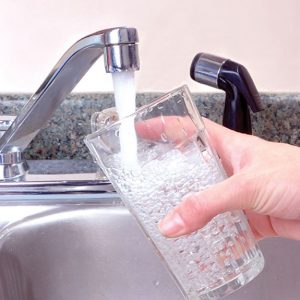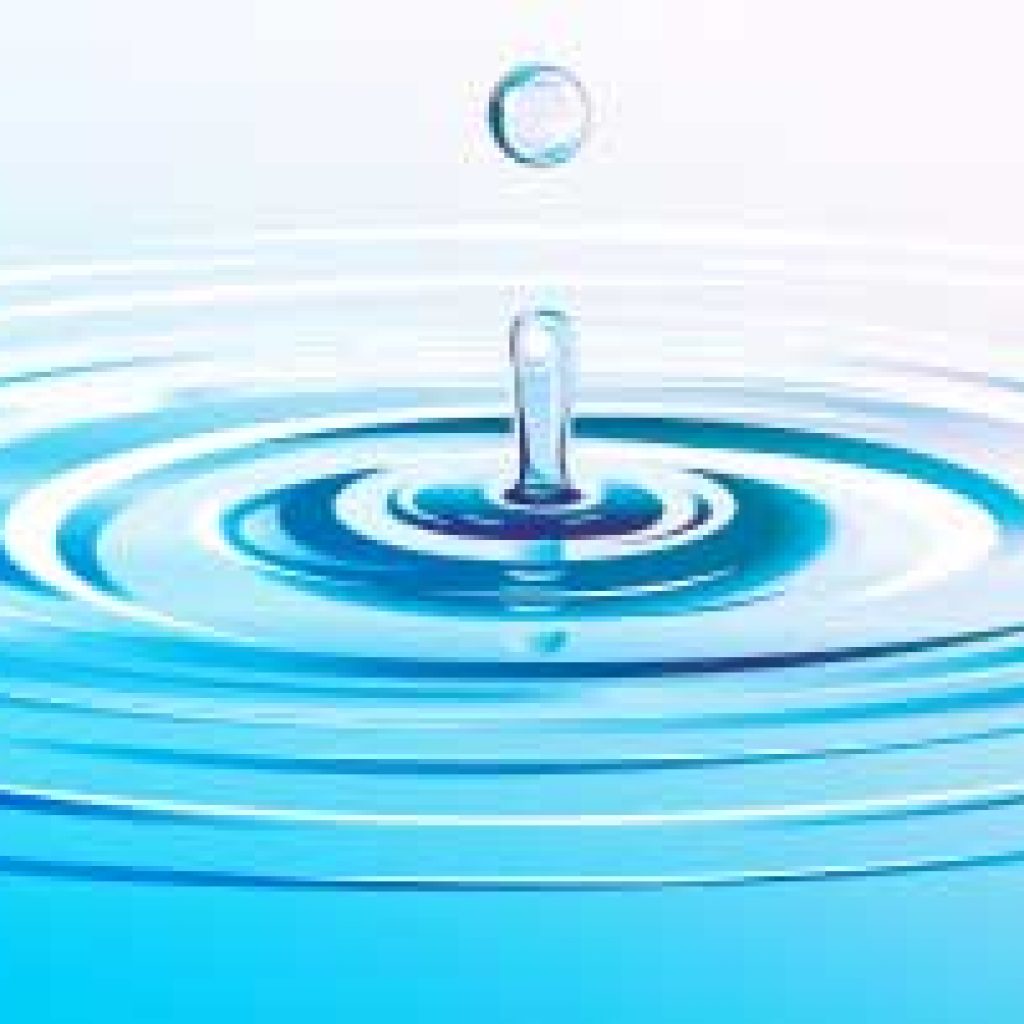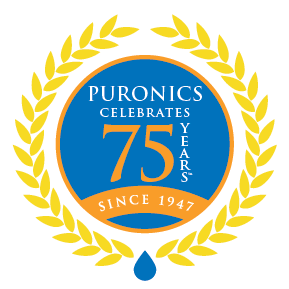The Benefits of Owning a Water Softening and Filtration System
Do you want to improve the water in your home? A water softening and filtration system might be the right answer. These systems are the all-in-one solution to multiple water problems. But what does a water softener do? And is it worth it? Read on for answers to any questions that you may have about water softeners, as well as a list of some of the main benefits of a water softener and filtration system in your home.
What is a Water Softening and Filtration System?
A whole-house water softener and filter does exactly what it sounds like: it both softens and filters the water throughout your home. Usually, it consists of a tank with multiple layers of media that each serves a purpose. Most of these systems include a layer of activated carbon, a layer of ion exchange resin and a layer of specialized gravel. The activated carbon and gravel layers make up the filtration part, and the resin is the softener part. Along with the media tank, there is a backflush tank where you put sodium or potassium chloride, which cleans the resin and allows it to continue to do its job.

How Does a Water Softening and Filtration System Work?
The activated carbon adsorbs a variety of contaminants, including chlorine. Tiny pores cover the granules of carbon, and the contaminants get caught in these pores.
Below the activated carbon is the bed of ion exchange resin. Ion exchange is a process through which ions of the same charge are exchanged between an insoluble solid and a solution in contact with it. In the case of water softening, calcium and magnesium ions present in the water coming into the home are exchanged for sodium or potassium ions that are attached to resin beads. Sodium and potassium do not cause the problems that calcium and magnesium do.
Under the ion exchange resin is the layer of gravel, which helps catch any contaminants that are still present and polishes the water.
What are the Benefits of Using a Water Softener and Filter?
There are many benefits to using a water softening and filtration system.
1. Softer skin and silkier hair
For starters, you’ll have softer skin and silkier hair because the chlorine and hard water aren’t causing damage. Since your skin won’t be so dry, you won’t have to apply tons of lotion every time you bathe, which saves money. Soap forms a curd instead of a lather with hard water, but it lathers easily with soft water.
2. Less soap used
In addition, you’ll be able to use up to 50% less soap with softened water. As a result, saving money on soap is one of the best side advantages of water softeners.
3. Less scale and scum buildup
A major purpose of a water softener is to reduce scale buildup. This means you won’t have to spend time scrubbing to try to remove all the buildup from your showers, sinks and other surfaces. In turn, you’ll save money on cleaning products, too. When cleaning with soft water, you won’t need to use as much soap or detergent, and you also won’t need to buy cleaning products to remove scale buildup, making many parts of your house much easier to clean.
4. Fewer stains on dishes
Those annoying spots on your dishes, shower doors, fixtures and really anything water touches are caused by hardness minerals in your water. Removing these minerals virtually eliminates these unsightly spots. Since soap doesn’t easily rinse away with hard water, you’ll often see a ring of soap scum around your bathtub and sink. With softened water, the soap will simply wash down the drain.
5. More efficient laundry and protection for your clothes
Soap curd gets stuck between clothing fibers, and laundry can become stiff and discolored as a result. Also, chlorine can cause dyes to fade. Your clothing and linens will last longer if washed in softened and filtered water.
6. Protected pipes and appliances
Hardness minerals build up inside of pipes and appliances, causing damage and inefficiency. Chlorine dries out the rubber parts of your appliances, and they may need to be replaced more frequently. You can avoid these problems with a whole-house water softener and filter.
7. Better tasting water
Although a water softener and filter’s purpose extends beyond just taste, one of the main reasons people install them is to make water from the tap taste better for drinking. One of the benefits of a water softener and filter is that you’ll have better tasting water from every tap in your home. Also, food and beverages prepared with softened and filtered water will taste better. No more bottled water needed!

Salt-Based vs Salt-Free
You may have heard of salt-free water softeners, but there is no such thing. You can’t remove hardness minerals without using salt, and you can’t have soft water if there are hardness minerals in it. However, there are ways to limit some of the negative effects of hard water on appliances and plumbing. The most effective way uses a technology called nucleation assisted crystallization or template assisted crystallization. As the water passes through a bed of specialized filter media, the hardness minerals stick to nucleation sites where they form microcrystals. These microcrystals don’t adhere to the inside of pipes and appliances, preventing scale buildup. You won’t experience all the benefits of soft water, but you’ll protect your plumbing and water-using appliances. These systems can also be designed to include a layer of activated carbon media to filter out other contaminants.
If you want all the benefits of softened, filtered water, the best thing to do is install a water softening and filtration system for the entire house. Look for a company that can sell, install and provide maintenance for the system you choose. Visit our dealer locator to find a local company that can help you. A high-quality system can last decades, saving you money throughout its lifetime.

 Puronics, Incorporated
Puronics, Incorporated

